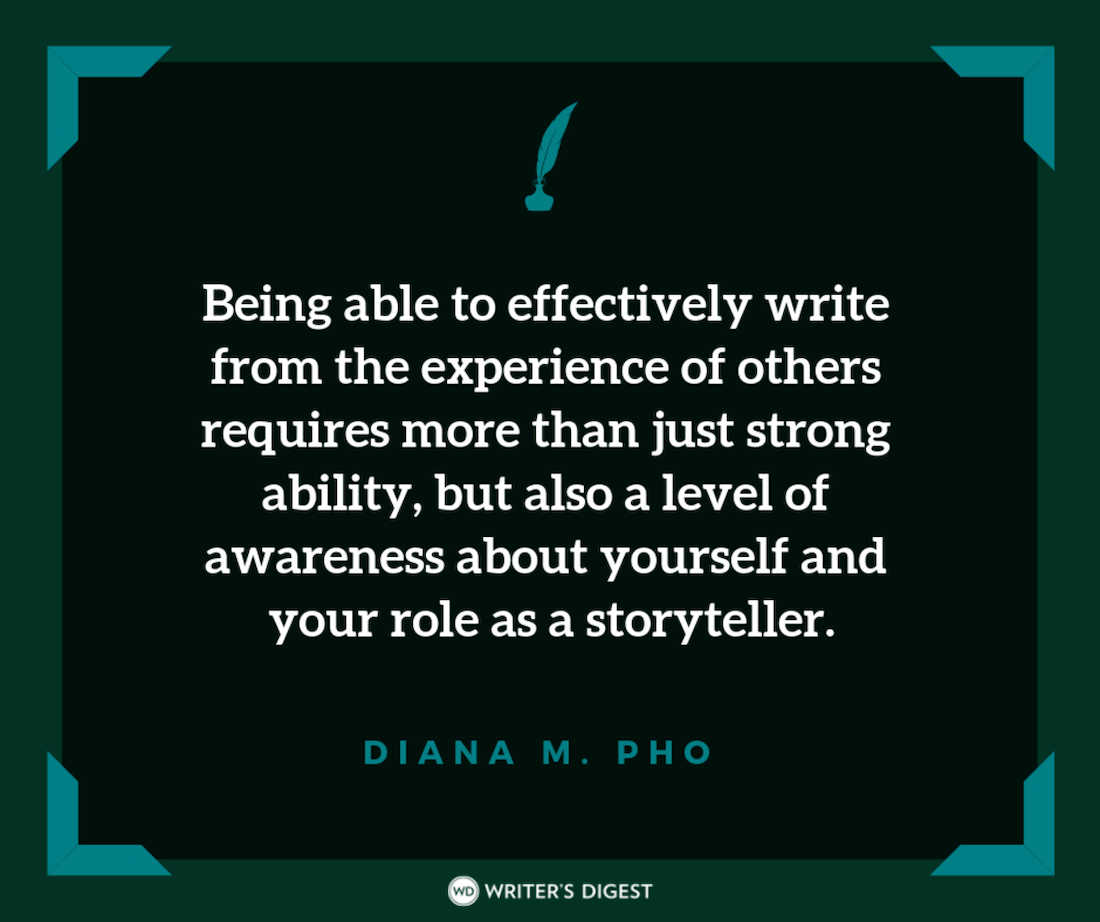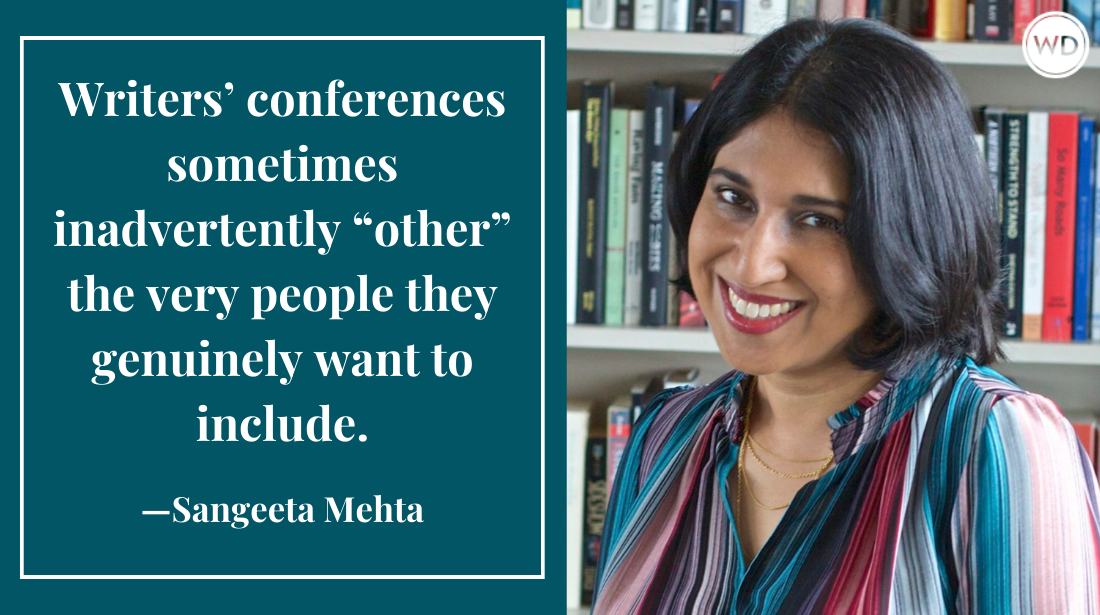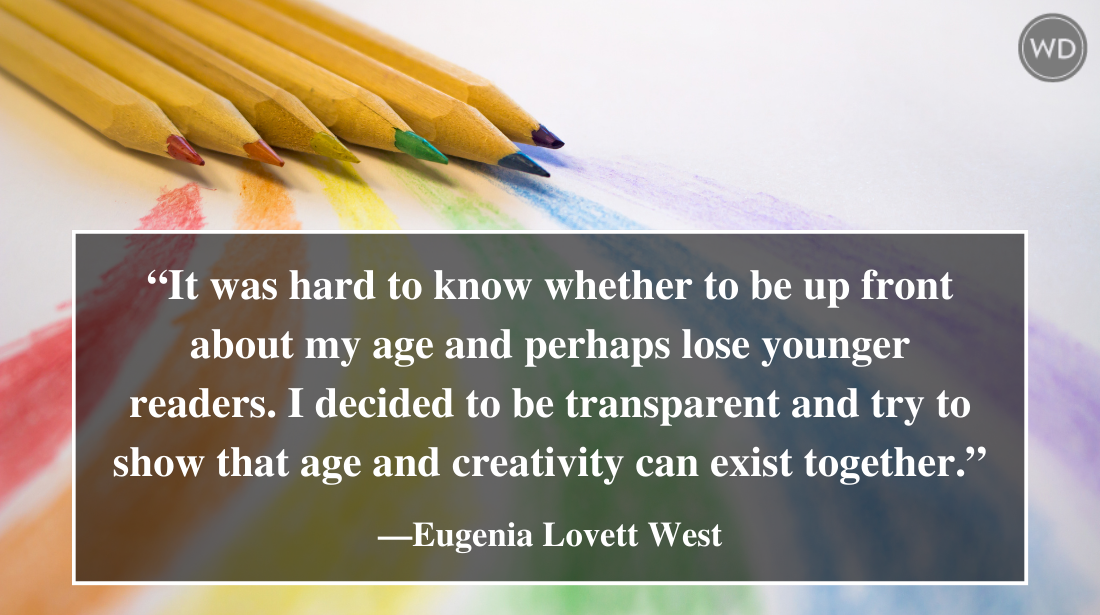Four Ways E-Books Will Change Your World
Anytime I suggest e-books might become the primary or preferred format for reading, a lot of people get upset. They say they can’t possibly imagine giving up the satisfying, human,…
Anytime I suggest e-books might become the primary or preferred format for reading, a lot of people get upset. They say they can't possibly imagine giving up the satisfying, human, physical experience of reading a paper book.
I think everyone knows where I stand on that issue—and much of my thinking also aligns with these recent posts:
- The Future of Print (Booksquare)
- Where Will Bookstores Be Five Years From Now? (Mike Shatzkin)
- The 3-Format Future of Books (HighSpot) — yes, there will be print books in the future, they won't disappear! But they won't be the first go-to format for publishers or otherwise automatically assumed format of distribution.
A reader, Scott Nicholson, recently offered up this guest post to directly outline why e-books will change our world. I expect much debate/discussion in the comments.
--
Four Ways E-Books Will Change Your World
By Scott Nicholson
You probably love books if you are reading this blog. And you probably grew up with paper books, and sat on your grandparent’s lap and had stories read to you, and you probably carried library books under your arm as a kid. You’re probably sentimental about the stories that changed your life or challenged your thinking.
And you might hate the idea that these techno-geeks want to take away your paper books and force you to use tiny digital screens. You might be fighting mad, ready to chain yourself to the front of your local bookstore and declare that paper books are the only “real” books. You might even be one of those people who “love the smell of paper.”
First of all, relax. Because paper books will be around for the rest of your life. As long as you keep buying them, publishers will keep making them. I promise.
But, sooner or later, you might take a peek at an e-book reader, especially since they will soon be on sale in every big-box retailer. I can’t make an emotional case for you, but I can share the practical advantages.
1. You will be able to get millions of titles instantly. Well, probably not at the same time, but you will have easy access to almost every worthwhile book ever printed. No trips to the store, no waiting for UPS, no special orders. Of course, you’ll still be able to browse the dusty shelves of used bookstores if that’s your thrill, because those books will be around a few hundred years.
2. You will be able to carry a couple of thousand books on your e-reader at any given time. I made a deliberate decision to pass up a paper book on my recent vacation simply because it would be one extra item to carry and keep up with. I had books on my computer, which was going with me no matter what. Yet I still keep a hardcover by my bedside for those cozy moments of leisure.
3. You will be able to interact with the content in ways impossible with a fixed-type paper book. Because users can control the text size and other features, those with vision problems can finally optimize the type size. The ability to adapt, bookmark, highlight, and even alter the text will rapidly become an adventurous part of the reader experience. Yet the traditional paper version will still be around, because most books are quality products and paper has a long lifespan.
4. The prices will fall dramatically once the various market sectors settle down. Judging by the cost of music and movie downloads, your favorite new titles should probably cost no more than a few bucks. That development is still a few years away, but paying only for content means you have less infrastructure to support and fund. But just as you can choose the $25 hardcover instead of waiting for the used 25-cent paperback, you can wait until the e-book hits your favored price point.
I also believe the wall between you and the author, and other readers, will get thinner than paper. With interactive, connected devices, more opportunities will open up to interact, share, or communicate while you read a book, or afterward.
This era is the best of both worlds, because for the first time in history, readers will be the most influential part of the publishing industry. Readers will be supporting favorite authors and driving prices and habits in ways never before seen or imagined. You will have choices, and lots of them, yet you’ll still be able to control which genres and subjects interest you, in much the same way you do in a bookstore when you stroll through your favorite sections.
This is the Golden Age of Literature, and whether you stick with your paper books or go electronic, you’re going to benefit from the explosion of content, price variations, and delivery systems. Congratulations. You were the caboose, and you are now the engineer of this literary train. Full speed ahead.
--
Scott Nicholson is the author of 10 novels, four story collections, six screenplays, and four comic-book series. He works as a journalist and freelance editor in the Blue Ridge Mountains of North Carolina. His site has articles, writing excerpts, and multimedia files to enjoy.
Jane Friedman is a full-time entrepreneur (since 2014) and has 20 years of experience in the publishing industry. She is the co-founder of The Hot Sheet, the essential publishing industry newsletter for authors, and is the former publisher of Writer’s Digest. In addition to being a columnist with Publishers Weekly and a professor with The Great Courses, Jane maintains an award-winning blog for writers at JaneFriedman.com. Jane’s newest book is The Business of Being a Writer (University of Chicago Press, 2018).









